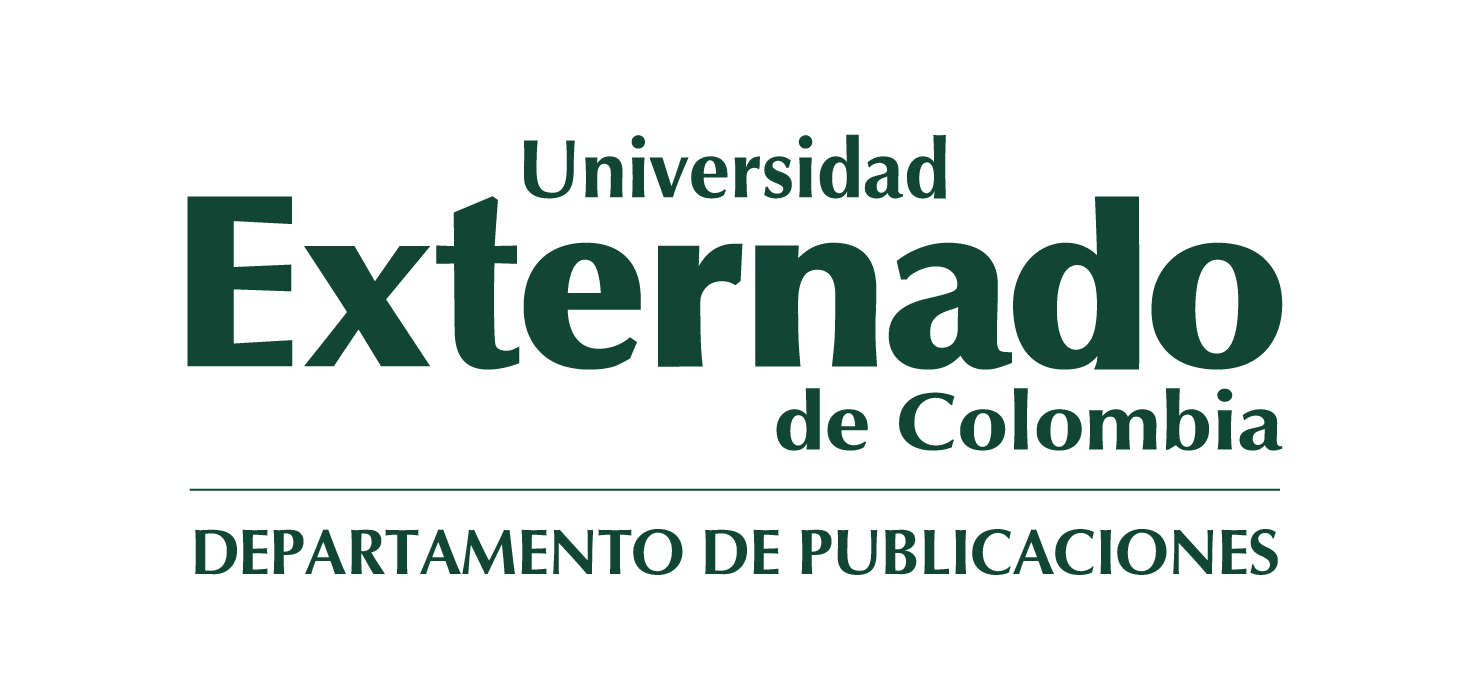Movimientos sociales, movimientos armados y procesos de paz en Centroamérica y el Caribe
Debates, estudios de casos y perspectivas
Este libro es producto de un rico y fructuoso debate adelantado en diversos encuentros realizados entre 2016 y 2019 por los integrantes del grupo de trabajo "Movimientos sociales, armados y procesos de paz" del Consejo Latinoamericano de Ciencias Sociales (CLACSO).
Las deliberaciones tuvieron como eje un proyecto de investigación del grupo de trabajo: reflexionar sobre los procesos que marcaron el devenir social y político en Centroamérica y el Caribe, dos regiones candentes del continente.
Desde hace varias décadas, estas regiones se convirtieron en un interesante laboratorio de estudio para una mejor comprensión de la naturaleza de las desigualdades sociales y las limitaciones de la democracia y la representación política. Este libro es de una extraordinaria pertinencia ya que aporta elementos de análisis para el conocimiento y la comprensión del papel que jugaron, y juegan aún, algunos movimientos sociales y algunos movimientos revolucionarios en un continente en el que los acuerdos de paz y la construcción de la democracia se encuentran en un estado de delicado equilibrio.
Los trabajos que conforman el libro abordan problemáticas actuales y desarrollan sus análisis y reflexiones desde diversas miradas y perspectivas teóricas y metodológicas. Como el avisado lector advertirá, no se trata de miradas coincidentes, lo que responde a la filosofía que orientó el proyecto del grupo de trabajo: alimentar el debate y la mirada plural sobre las diversas dimensiones de las dinámicas sociales y políticas, y las dificultades y los desafíos que cruzan a la región. La diversidad de voces ayuda a conocer y pensar mejor nuestra historia y nuestro presente. Aunque queda mucho por estudiar, este libro es una valiosa contribución al conocimiento de unas de las regiones que han experimentado más transformaciones en las últimas décadas.
This book is the result of a rich and fruitful debate held in various meetings between 2016 and 2019 by members of the working group "Social Movements, Armed Groups and Peace Processes" of the Latin American Council of Social Sciences (CLACSO).
The discussions focused on a research project of the working group: reflecting on the processes that have marked the social and political evolution in Central America and the Caribbean, two boiling regions of the continent.
For several decades, these regions have become an interesting study laboratory for a better understanding of the nature of social inequalities and the limitations of democracy and political representation. This book is highly relevant as it provides analysis elements for the knowledge and understanding of the role that some social movements and revolutionary movements have played, and still play, on a continent where peace agreements and the construction of democracy are in a delicate balance.
...
The works that make up the book address current issues and develop their analysis and reflections from various theoretical and methodological perspectives. As the careful reader will notice, these are not coinciding views, which align with the philosophy that guided the working group's project: fostering debate and a plural view on the various dimensions of social and political dynamics, as well as the difficulties and challenges that intersect the region. The diversity of voices helps us to better understand and rethink our history and present. Although there is much left to study, this book is a valuable contribution to the understanding of one of the regions that has undergone significant transformations in recent decades.
CONTENIDO
INTRODUCCIÓN
APROXIMACIONES AL ANÁLISIS DE LA VIOLENCIA URBANA EN AMÉRICA LATINA: POR UNA COMPRENSIÓN COMPLEJA
LOS MOVIMIENTOS DE ECONOMÍA SOCIAL Y SOLIDARIA EN ZONAS DE CONFLICTO ARMADO EN MÉXICO. EL CASO DE CHERAN, MICHOACÁN
LA LUCHA POLÍTICO-JURÍDICA POR LA LIBRE DETERMINACIÓN EN LAS COMUNIDADES INDÍGENAS EN VOZ DE SUS PROTAGONISTAS
LOS NOMBRES DE LAS FARC. SOBRE DENOMINACIONES Y CARACTERIZACIONES DE LA GUERRILLA A TRAVÉS DE LA PRENSA COLOMBIANA (1964-2002)
COLOMBIA: BALANCE Y PERSPECTIVAS DE UN PROCESO DE PAZ EN CURSO
LA NATURALEZA DE LA MOVILIZACIÓN EN COLOMBIA DESPUÉS DE LOS ACUERDOS DE LA HABANA. DEL DESIERTO AL DESPERTAR
GUERRILLAS, REPRESENTACIÓN SOCIAL Y OPCIÓN DE PODER
FIN DEL CONFLICTO ARMADO EN COLOMBIA, EMERGENCIA DE OTRAS VIOLENCIAS. ¿NUEVA REALIDAD?
ORGANIZACIONES SINDICALES EN NICARAGUA. UN RECORRIDO DESDE EL SOMOCISMO AL SANDINISMO
CONFLICTOS SOCIALES RECIENTES EN NICARAGUA
CARLOS ROMERO BARCELÓ: POLÍTICA Y VIOLENCIA EN PUERTO RICO (1977-1981)
eBook
Impreso
-

-
Alejandro Schneider
-
Información de autor disponible próximamente.
-
-

-
Jaime Zuluaga Nieto
-
Información de autor disponible próximamente.
-



